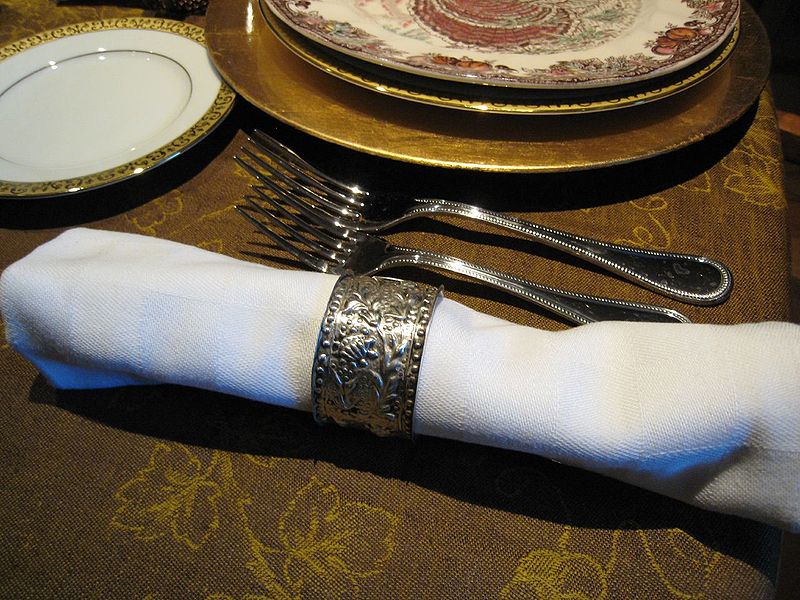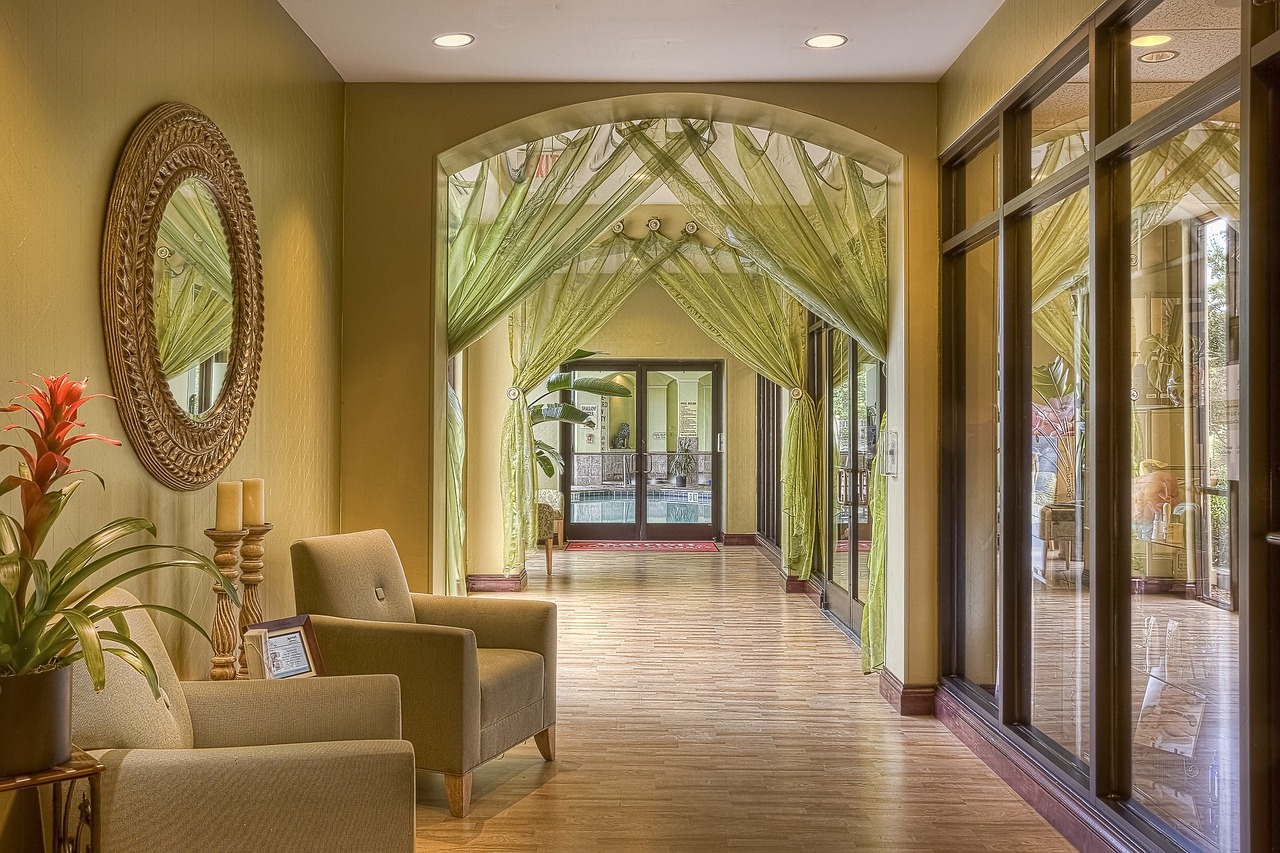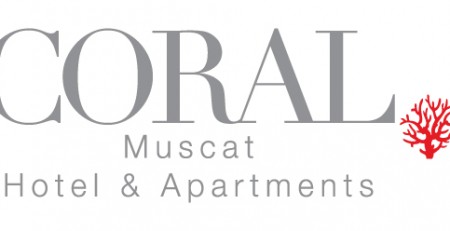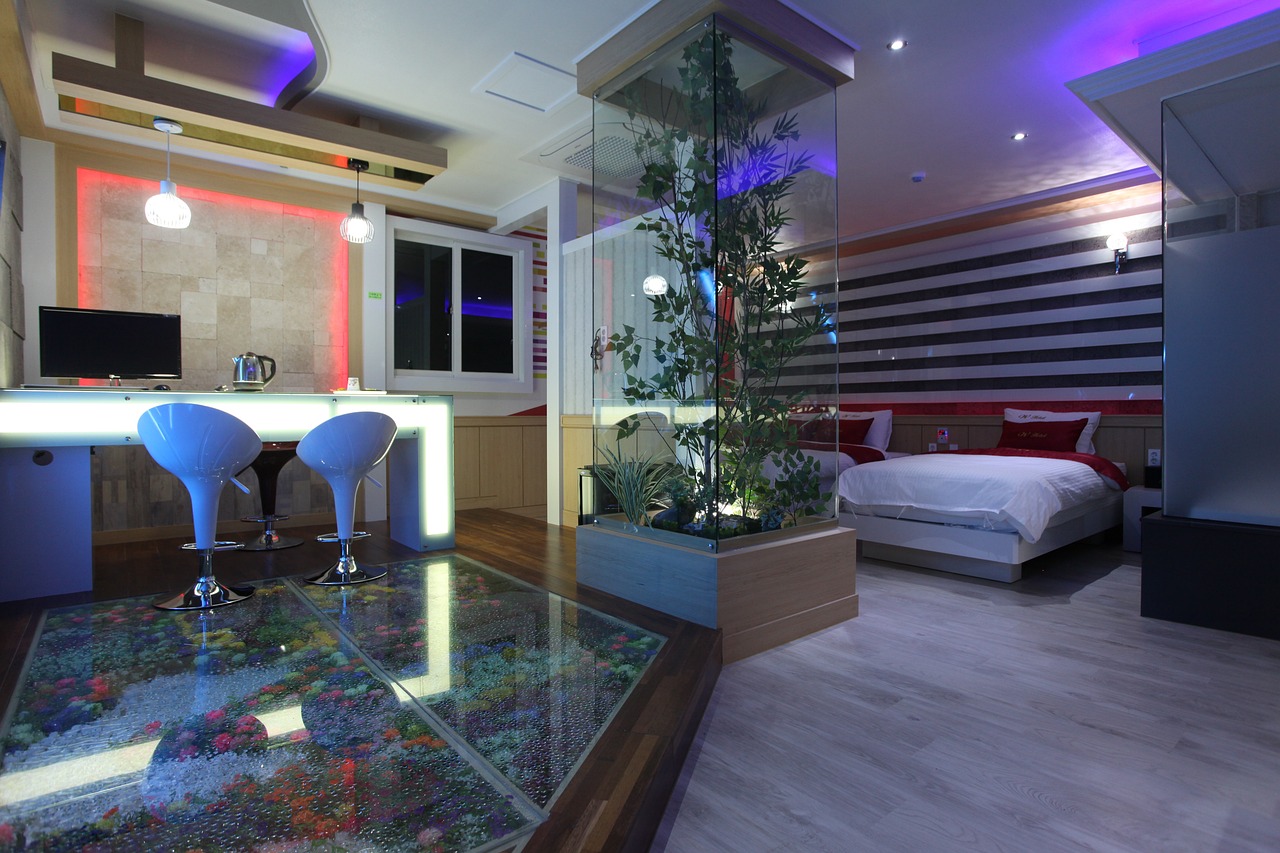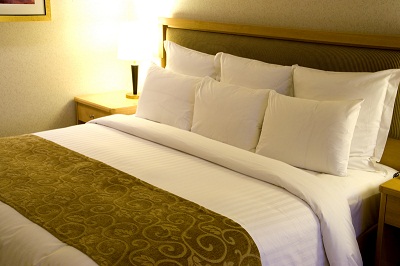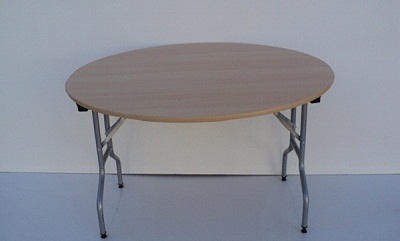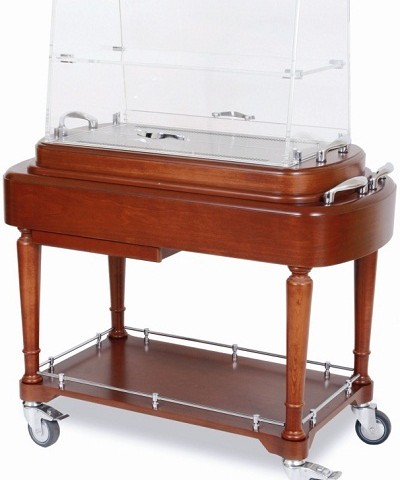Hotel Cold Room
A “hotel cold room” typically refers to a storage area within a hotel that is kept at a cooler temperature than the rest of the hotel, primarily for storing perishable items such as food, beverages, flowers, or other temperature-sensitive goods. Here are some key aspects and benefits of a hotel cold room:
The primary purpose of a hotel cold room is to maintain a consistent and controlled temperature range, usually between 0°C to 10°C (32°F to 50°F), to preserve perishable items. This temperature range helps slow down the growth of bacteria and extends the shelf life of food and beverages.
Hotel cold rooms are commonly used for storing perishable food items such as dairy products, meats, fruits, vegetables, and prepared dishes. Proper temperature control helps prevent food spoilage and ensures that food items remain fresh and safe for consumption.
In addition to food items, hotel cold rooms are used for storing beverages such as wine, beer, soda, and other chilled drinks. Maintaining the correct temperature is essential for preserving the flavor, quality, and carbonation of beverages.
Some hotels use cold rooms to store fresh flowers for events, weddings, or room decorations. The cooler temperature helps slow down the wilting process and extends the longevity of the flowers, ensuring that they remain fresh and vibrant for as long as possible.
A well-organized cold room facilitates efficient inventory management by providing ample space and proper storage conditions for perishable items. Hotel staff can easily access and rotate stock, monitor inventory levels, and minimize waste.
Proper temperature control and storage practices in a hotel cold room help maintain hygiene and safety standards. Regular cleaning and maintenance of the cold room help prevent cross-contamination and ensure compliance with health and safety regulations.
By reducing food waste and spoilage, a hotel cold room can contribute to cost savings for the hotel. Properly stored perishable items are less likely to go to waste, resulting in lower food costs and improved profitability.
A hotel’s ability to serve fresh, high-quality food and beverages contributes to guest satisfaction and enhances the overall dining experience. A well-maintained cold room ensures that guests receive fresh and delicious meals and drinks during their stay.
Overall, a hotel cold room is an essential facility that supports food and beverage operations, maintains product quality, and upholds hygiene and safety standards within the hotel environment.

